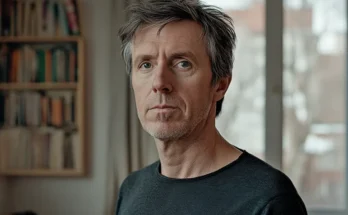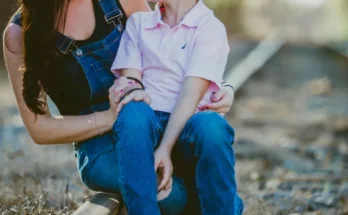I was still shaking when the nurse tucked my daughters against me—two warm, breathing miracles I’d begged the universe for through years of infertility and needles and prayers. I texted my husband: “They’re here. Two perfect girls.” I pictured his grin and the sound of his running footsteps.
When the door opened, he didn’t run. He stood there like a stranger at the wrong address. I whispered, “Aren’t they beautiful?” He stared, jaw clenched, and something hard slid over his face.
“What is this?” he asked.
“Our daughters,” I said, laughing a little from disbelief and exhaustion.
“You tricked me,” he hissed. “You never said they were girls.” He spoke the last word like it was a diagnosis.
My joy tipped and shattered. “They’re healthy. They’re ours.”
He shook off my hand. “I wanted sons. A name to pass on. How do I even know—” He didn’t finish. He didn’t need to. The accusation sat between us like a stain.
He left. No kiss for me, no second glance for them. The door shut, and the room’s beeping grew louder, like the machines knew something about life and loss that I didn’t yet.
By the time we came home, the silence had a new edge: his mother’s messages. “You ruined everything,” one voicemail began, and then it plunged deeper—legacy, betrayal, the superstition that daughters are a fault line a woman brings into a family. I fed my babies by the blue nightlight and pressed my lips to their soft hair and tried not to listen. But loneliness is a loud language.
One night, while both girls finally slept at once, I realized I was waiting for a man who had already told me the truth: he didn’t want to be here. So I called a lawyer. Abandonment has paperwork, it turns out. Words like custody and support can become scaffolding when your heart is chewing through its own floorboards.
I began posting the small holiness of our days—milk-drunk smiles, two sets of gummy grins, the first time they tracked my face together like twin compasses. People showed up for us. Friends dropped casseroles and texted jokes at 3 a.m. My house warmed around the three of us.
When I hosted an open house to thank everyone, he stormed in, thunder in a human suit. “You turned everyone against me,” he said.
“No,” I answered, steady now. “You did that the day you walked out on your daughters.”
He started to talk about legacy again, and for once I heard the emptiness of the word. I looked at the only legacy that mattered—two girls in matching headbands, fascinated by the ceiling fan, alive—and I told him to leave. Friends closed ranks. He did.
The court papers followed, signed and stamped. Responsibility is heavier when you’ve tried to drop it; the law made him pick it up. As for me, I learned to breathe in the new shape of our home. At night I rock one girl while the other dreams against my chest, and I whisper the truth we earned: there is nothing missing in this room. Our family is complete, not because we were chosen, but because we chose each other and stayed.


